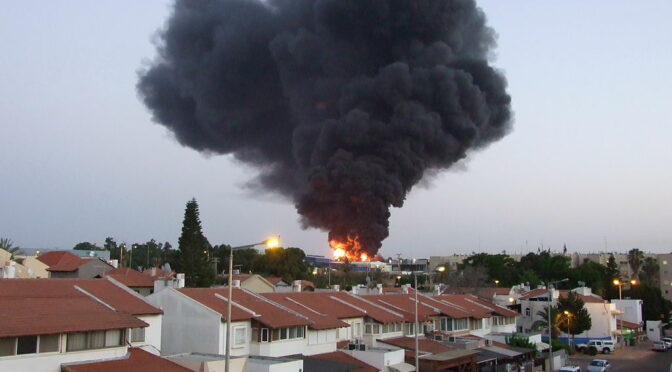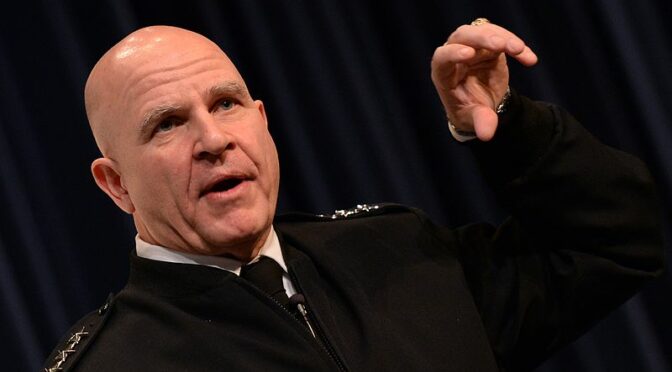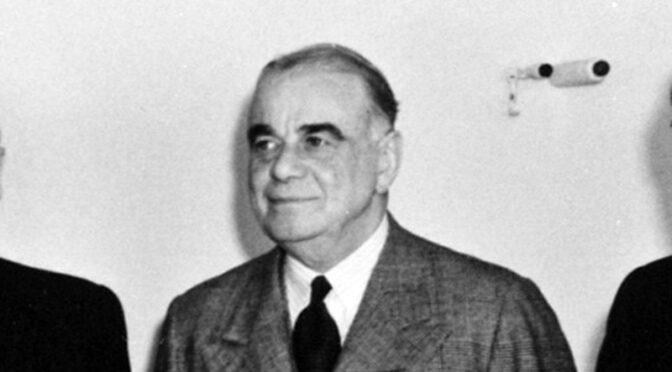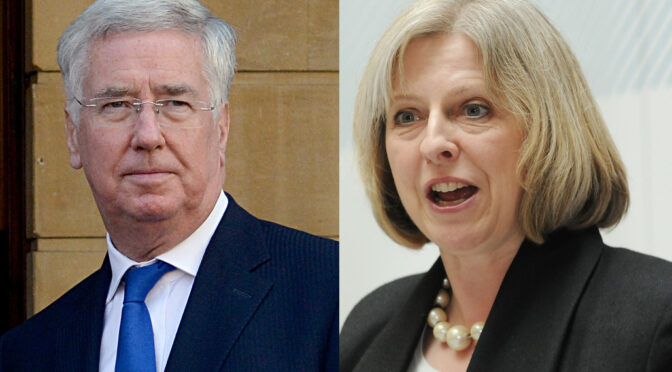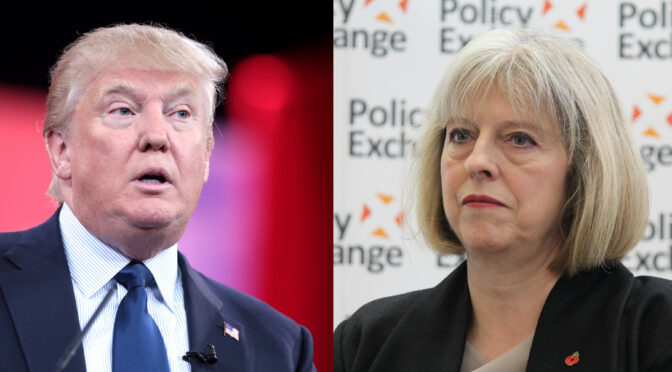Article published in the Scottish Daily Mail on 7 February 2017. © Richard Kemp
Those who say the MoD’s decision to set up cadet units in Scotland’s state schools is intended to provide ‘cannon fodder’ are misrepresenting the facts and betraying the country’s less privileged children. They are putting instinctive, lazy sloganising above the desperate need to give a boost to young people who would benefit most from membership of this genuinely outstanding youth organisation.
Private schools in Scotland have had military cadet units for many years, an incomparable advantage until now denied to state schools. That is changing, and the news that the MoD is setting up cadet units in Scottish state schools should be strongly welcomed, not just by politicians who genuinely care, but also by children, parents, teachers, universities and businesses, because all will benefit.
The Armed Forces will also benefit. I had many Scottish soldiers under my command and – from Northern Ireland to the Balkans and from Afghanistan to Iraq – have frequently served alongside Scottish regiments. Scottish soldiers are among the finest in the world, with an unrivalled reputation for fighting spirit and professionalism.
For years the Army has struggled to maintain recruiting targets in Scotland, and school cadet units will help to redress this by inspiring an early interest in military service, enabling boys and girls to experience some of the extraordinary benefits and challenges of life in the Forces. In my experience, former cadets who join the regular Army often make the best soldiers, and frequently progress up the ranks further and faster.
This is good news for those of us who recognise the importance of a strong and capable Army in an increasingly dangerous world – and who care about fostering the talents of young people from the most challenging backgrounds.
But there is no obligation on cadets to sign up for the Forces, and instructors do not apply such pressure on their young charges.
In fact, many will be surprised to learn that in an average year, only 3 per cent of all cadets throughout the UK opt to join the Forces. What are the benefits for the other 97 per cent? Cadets wear military uniform and practise specifically military skills such as rifle shooting, glider-piloting and tying up a warship alongside, all of which teach discipline, self-control and team-work.
But the training syllabus is much more widely focused, designed to equip cadets with skills for life. They will learn to live by the Forces’ core values including selfless commitment, courage, self-discipline, loyalty and integrity – attributes valued by most employers and increasingly rare in the modern world. Cadets take part in adventurous training activities including whitewater rafting, climbing and hillwalking. The incalculable longterm benefits for a youngster’s character of pitting themselves, physically and mentally, against the ravages of nature can rarely be equalled in any other situation.
Continue reading →


